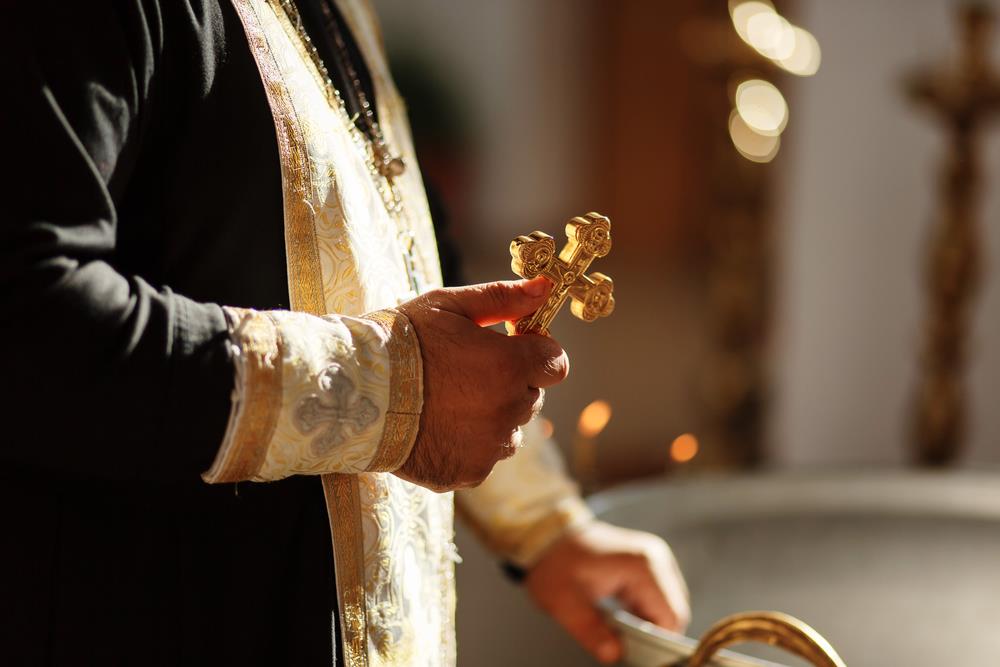Petrovske Poklade is a traditional holiday celebrated as the last day to eat meat before the start of the Petrovdanski fast. The holiday is deeply rooted in pagan customs later adapted to Christianity and symbolizes the transition from meat indulgence to spiritual cleansing. Customs include a meat feast, lighting of lila bonfires, games around the fire, family gatherings, and sharing food with the less fortunate. These customs are believed to bring health, prosperity, and strengthen family and social bonds. There are also beliefs about what should be avoided during the poklade, such as combing hair in some regions. The holiday plays an important role in preserving tradition, strengthening community, and preparing for the fast.
Political Perspectives:
Left: Left-leaning sources tend to emphasize the communal and social aspects of Petrovske Poklade, highlighting the importance of sharing food with the less fortunate and the strengthening of social bonds. They may also focus on the cultural preservation and the role of such traditions in fostering community solidarity and mental well-being.
Center: Center-leaning sources typically present a balanced view, describing the historical and cultural significance of Petrovske Poklade, its pagan roots, and Christian adaptations. They focus on the customs and rituals, explaining their symbolic meanings and the role in preparing for the fast, without strong ideological framing.
Right: Right-leaning sources often emphasize the religious and national identity aspects of Petrovske Poklade, highlighting its Christian adaptation and the importance of maintaining traditional values and customs. They may stress the spiritual cleansing and moral preparation for the fast, as well as the preservation of national heritage.


















